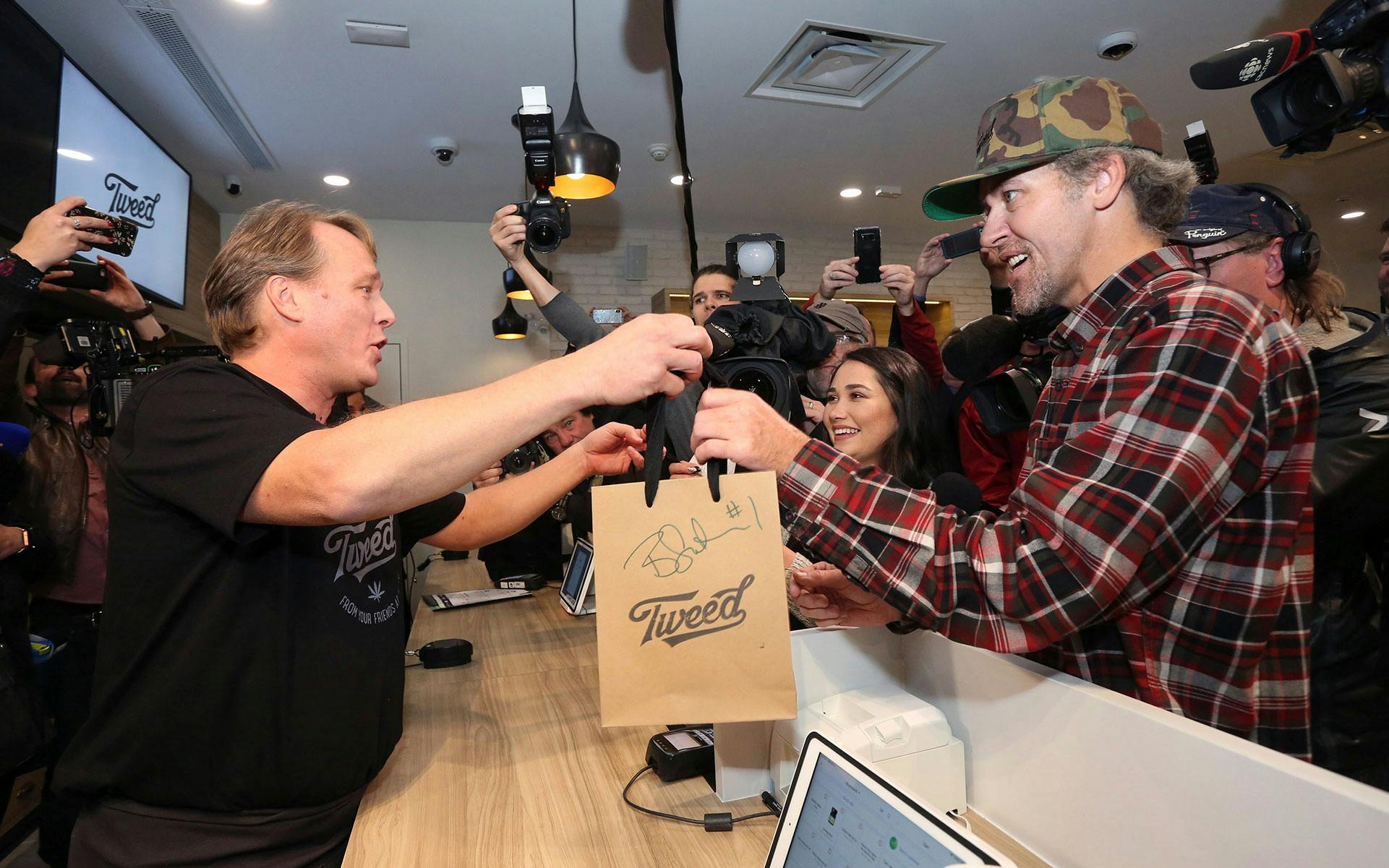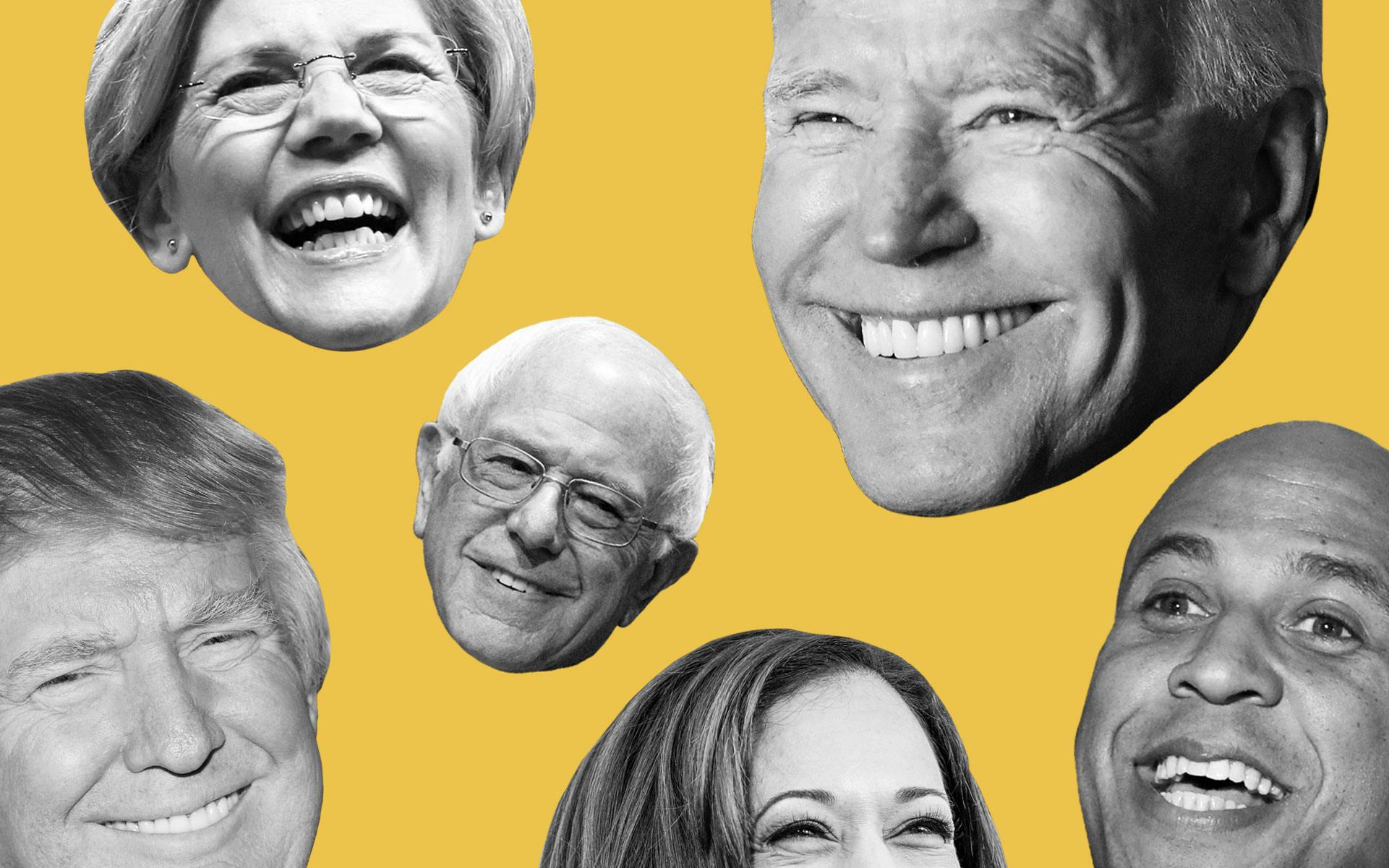CHARLESTON, W.Va. (AP) — Despite legislation from 2017 that allowed cannabis to be legal for medical use on July 1 of this year, West Virginia officials say they’re still years away from the first sale. That’s — at least in part — because of a hangup with finding a banking solution to get around federal law. State health officials say they also have to implement permitting and licensing for patients and those who want to start businesses within the industry.
Late last month, the West Virginia Treasurer’s Office released a statement indicating that they were canceling and then reissuing a request for proposals for a depository associated with the medical cannabis program. An initial bid returned five applications, but none of the prospective banking vendors met all of the requirements.
“There's only one state in the country where we have a federal prosecuting attorney actively going after the cannabis industry.”
Officials from the Treasurer’s Office say they are now in a blackout period and cannot comment on the bidding process until a banking vendor has been selected.
Del. Mike Pushkin, a Democrat from Kanawha County who has championed the legalization of cannabis, says the banking solution — which was spurred along through legislation that cleared in May — should push back the timeline another few months.
“It’s not such a big deal. These things happen a lot when we’re bidding out to vendors in state government — that people don’t meet all of the mandatory requirements of that bid. It’s not uncommon,” Pushkin said. “What’s uncommon is that it’s a bid that we’re watching so closely.”
First Medical Cannabis Sale Still Two Years Away
But even if a banking vendor is awarded a contract in the next few months, officials from the state Department of Health and Human Resources say it could still be some time before cannabis is sold to patients.
“So, the Office of Medical Cannabis, or the OMC, continues to have a goal of two years from the time a banking solution is in place for patients with a serious medical condition to be able to obtain medical cannabis,” Office of Medical Cannabis director Jason Frame said.
Frame also points out that July 1 wasn’t a deadline or mandatory “go live” date for medical cannabis in West Virginia, but rather a statutory marker that opened the door for the program. He also said DHHR has its own work to get the program off the ground.
“We’re going to have a web-based permitting system,” Frame said. “We’re in contract right now, for the design of that system. We’re hiring staff, we’re implementing policy and procedures and designing those procedures.”
“Everything that's grown will be processed into a sellable product.”
Frame also said there’s other work to do to get products in the hands of patients.
“Industry is going to be built out. Physical buildings are going to be put in place. Of course, crops will have to be grown,” he said.
With West Virginia’s medical cannabis law currently only allowing oils, creams and other non-smokable forms of the plant, Frame said it will take some time to process the active ingredients to be consumed within the scope of the law.
Shop highly rated dispensaries near you
Showing you dispensaries near“They’ll have to be then processed into sellable products,” Frame said. “Patients won’t be able to buy the leaf form a medical cannabis — that’s part of the Act. So everything that’s grown will be processed into a sellable product.”
Cannabis Advocates Question the Program
But some advocates for the program say West Virginia’s medical cannabis law is weak.
Rusty Williams is the patient advocate on the program’s advisory board. The group — made up of health officials, law enforcement and others — reports recommendations to the Legislature and Governor’s office.
Williams has a personal connection to his role on the advisory board. After being diagnosed with testicular cancer, he sought out medical cannabis as medicine for pain relief.
“We were tasked to look at whether or not to add conditions — add or remove conditions — to the accepted conditions list. We were charged with looking at whether or not to allow patients to be able to access whole plant flower,” Williams said of the medical cannabis advisory board. “And we were tasked with whether or not to allow businesses to vertically integrate. We met those charges two years early.”
As Williams points out, the only recommendation that has been codified by lawmakers has been the vertical integration provision, which allows a single business to act as a grower, a processor and a distributor. An earlier version of the law would have limited that type of operation within the industry.
But, Williams says small improvements to a fundamentally flawed program haven’t been enough.
While he’s called for patients to be able to grow cannabis at home and use it how they see fit, he’s frustrated that what West Virginia law does allow hasn’t yet come to fruition.
“Why our lawmakers chose to go the route of, you know, processed pharmaceutical versions of cannabis? I have no idea. I can’t answer that,” he said. “It makes no sense to me, especially with the problems that we do have here with pharmaceuticals.”
Legalization’s Vocal Opponent in West Virginia
Williams has also been bothered by what he considers obstructionist rhetoric from one of West Virginia’s federal prosecutors.
“It’s frustrating to know that there’s only one state in the country where we have a federal prosecuting attorney actively going after the cannabis industry,” he said.
Williams is referring to U.S. Attorney for the Southern District of West Virginia Mike Stuart.
The Trump-appointed prosecutor has been a vocal opponent of the legalization of cannabis, arguing that research is unclear on the drug’s potential benefits and drawbacks in a medical or recreational setting. But Stuart says he doesn’t make the law, he simply enforces it.
“I think, on this whole issue of marijuana, it’s pretty clear this is an issue of public policy that’s going to be solved by public officials — whether that’s Congress or other folks who have the authority to do that. My job as a US attorney is to enforce federal law,” Stuart said.
But last month, the U.S. House of Representatives adopted an amendment to a federal appropriations bill that would prohibit the Department of Justice from interfering with state cannabis programs. The bill still needs to clear the Senate, but since December 2014 Congress has blocked the Justice Department from targeting businesses and individuals in states where cannabis is legal.
Still yet, Stuart says he will look at things on a case by case basis and would prosecute as necessary.
“It’s not as simple as saying ‘Because it’s related to medicinal marijuana, there’s no enforcement, prescription pharmaceuticals are legal,'” Stuart said.
“Oxycontin under the right circumstances is illegal. It is legal — however, if there is a pharmacist or a doctor that is misprescribing those drugs in a way that is not medically necessary or medically ethical, we prosecute those folks all the time. So, there’s no area of the law that says that there won’t be enforcement when there are abuses,” he added.
Advocates Want Quicker Rollout
Regardless of Stuart saying he will keep a close eye on the rollout of the medical cannabis program, the state Treasure and the DHHR appear to be moving forward. Pushkin, though, says he hopes health officials get to work quickly in terms of permitting and licensing.
“I don’t understand why they would have to wait for the banking program to be in place for them to at least put out the applications, start issuing cards to patients,” Pushkin said. “We put something in that bill that would allow for reciprocity for patients — foreseeing that there could be some hiccups along the way.”
Patients here can legally acquire medical cannabis in other states — but only the acceptable forms under the West Virginia law.
For now, patients here can legally acquire medical cannabis in other states — but only the acceptable forms under the West Virginia law.
Frame and others at DHHR say they are working diligently to get their processes in place for those who want to enter the industry or use cannabis for medical purposes without traveling out of state.
“We are definitely sympathetic to their concerns. And we appreciate the support from the governor’s office — and also the hard work that’s been done in the legislature to put a workable form of the medical cannabis act out there,” Frame said. “However, it is complicated. There’s a lot of provisions and a lot of complications that go along with that process. But everyone involved has been working hard to roll out products as soon as possible.”
The state Treasurer’s office says they have shortened the bidding timeline for potential banking vendors from six weeks to four and a half weeks to expedite the process.
Bids will be accepted through July 31.









